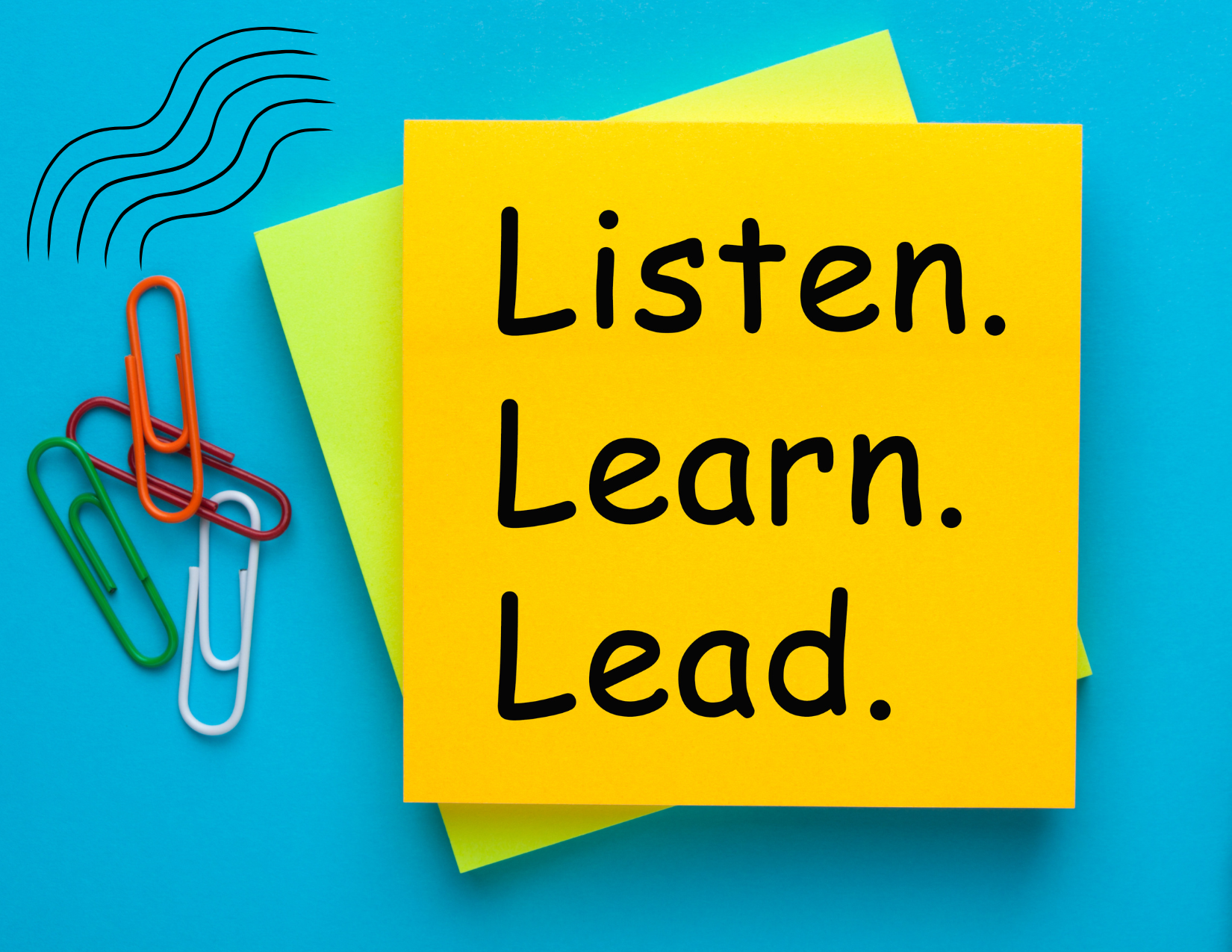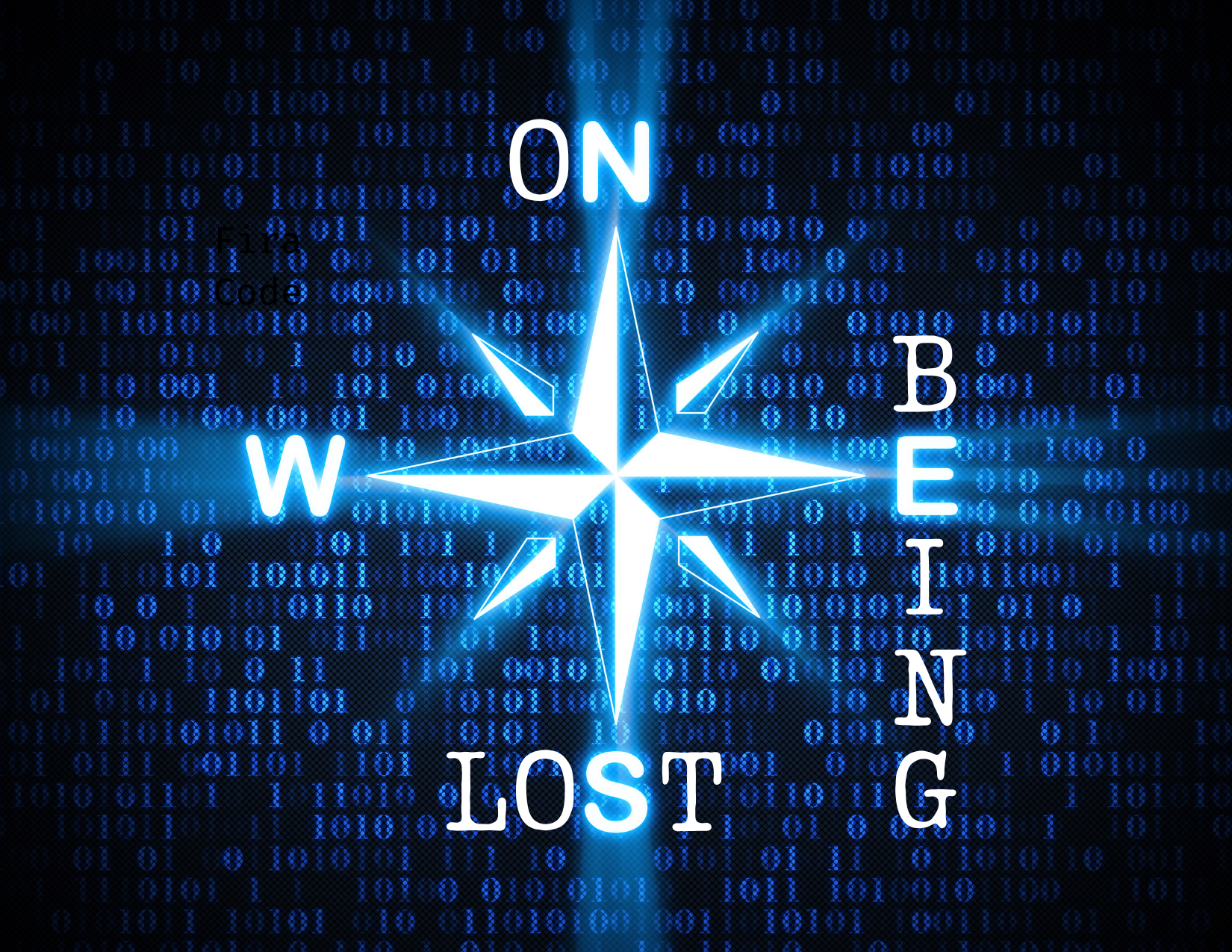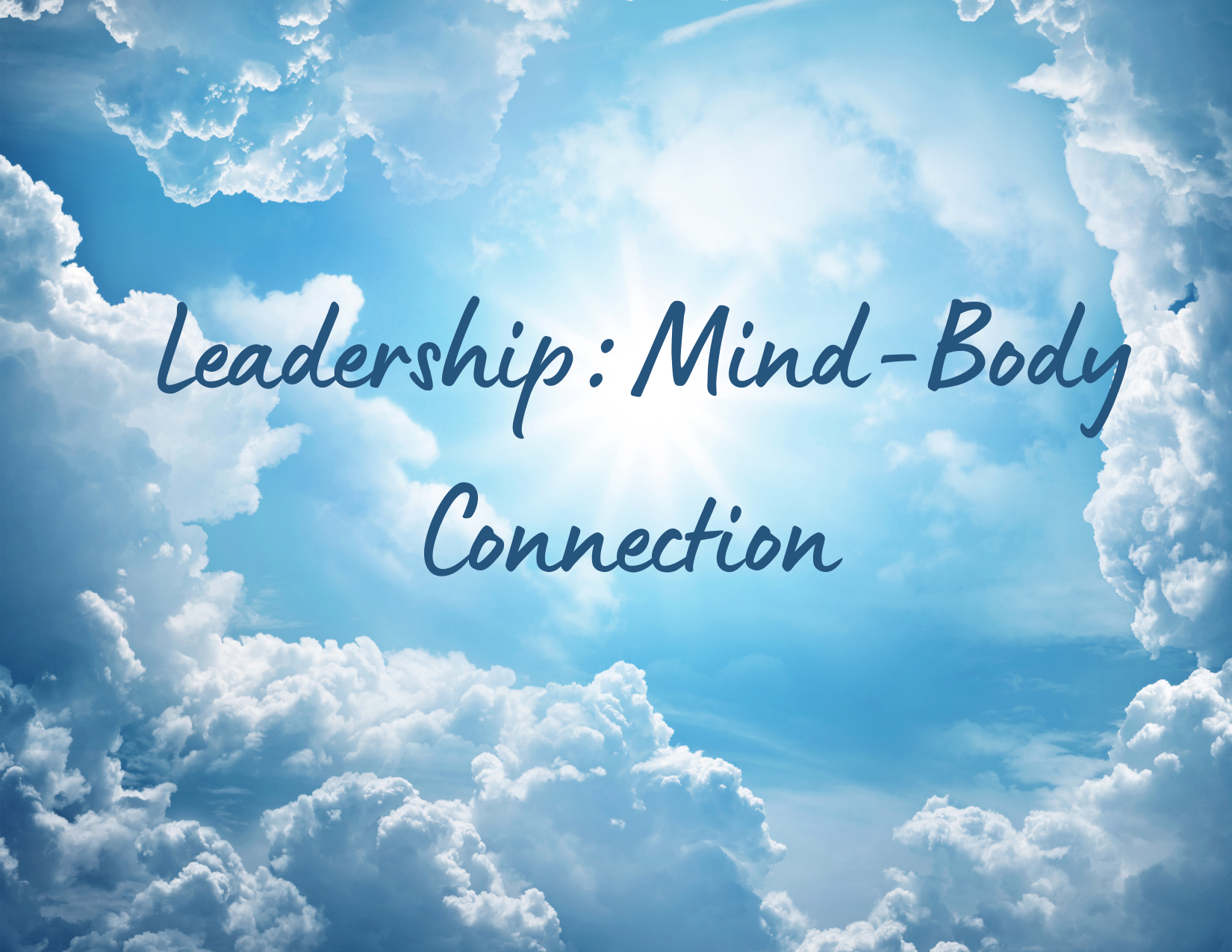Have you noticed that your work sometimes feels as if it expands or contracts to whatever period of time you set aside for it? This phenomenon is known as Parkinson’s Law which states that “work expands so as to fill the time available for its completion.” When I was a young child, I remember having a conversation with my father where he told me that I was lucky to be young because when I was older, I would come to appreciate that there just were not enough hours in the day. I thought he was joking because I felt as if I had all the time in the world. I had no frame of reference for what he meant, but later as I entered the working world, I came to understand that having 24 hours in the day is just not enough time, especially if you are driven to do nothing but work.
Working long hours is not a badge of honor. On the contrary, being part of “the cult of busy” is unhealthy and leads to chronic stress. Stress is a protective response that your body has when it feels threatened and leads to many health issues such as insomnia, diabetes, depression, and stroke. For example, a recent World Health Organization study concluded that “working 55 or more hours per week is associated with an estimated 35% higher risk of a stroke and a 17% higher risk of dying from ischemic heart disease, compared to working 35-40 hours a week.”
So, if you find you don’t have enough time in the day due to your workload, why on earth should you take up a hobby? The benefits of hobbies extend far beyond expanding your productivity; they also positively impact your mental health and physical health. Hobbies require good time management skills and have been linked to more productive work performance. In a study done at San Francisco State University, researchers discovered that “…partaking in creative activities was linked to experiencing mastery, control, and relaxation, as well as reported positive work performance-related outcomes.” Exercising your brain in new ways creates new pathways that stimulate creative thinking and problem-solving.
Don’t approach taking up a hobby in the same way you work. It should not be a chore; start slowly. If you are learning something new, don’t overextend yourself. Give yourself the grace to learn at a comfortable pace. It’s okay if you try something and decide it is not a hobby for you, try something else until you find something that is enjoyable.
Here are some suggestions for hobbies that will help you with creativity, cognition, and physical health: reading, writing, journaling, puzzles, meditation, yoga, dancing, music, cooking, gardening, painting, pottery, photography, exercising, and sports, to name a few things.
Have you been feeling a bit overwhelmed in the last twenty-four months? I know I certainly have. Consider this a prescription for returning to an activity or hobby that you are enthusiastic about but have not nurtured in a while or an excuse to try something new that fascinates or excites you. Regardless of whether you are an individual contributor, manager, or leader, you must take care of yourself, so you can show up and take the best care of others. It is the only sustainable strategy!







